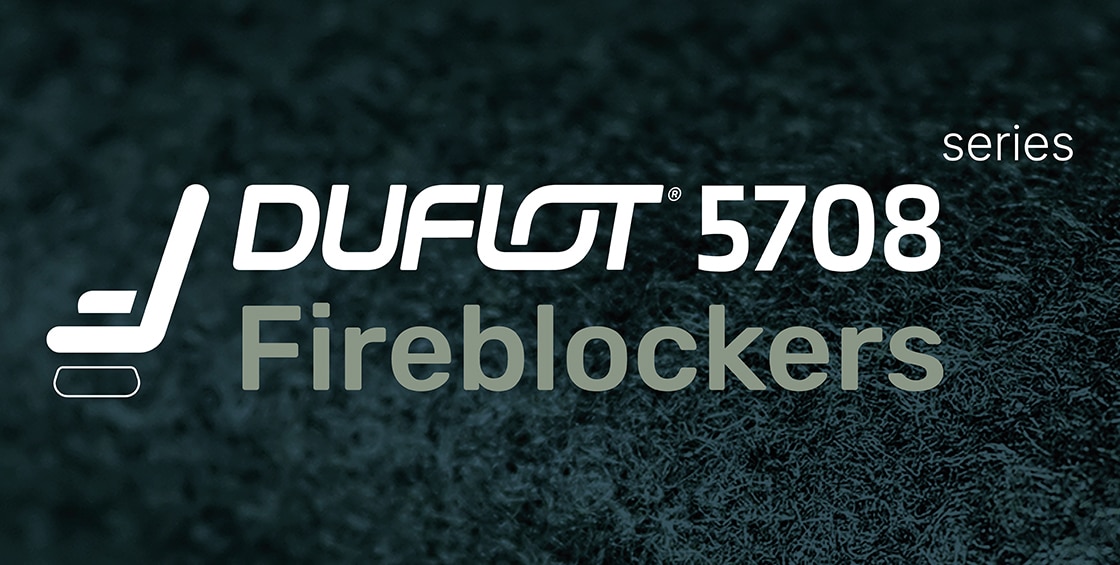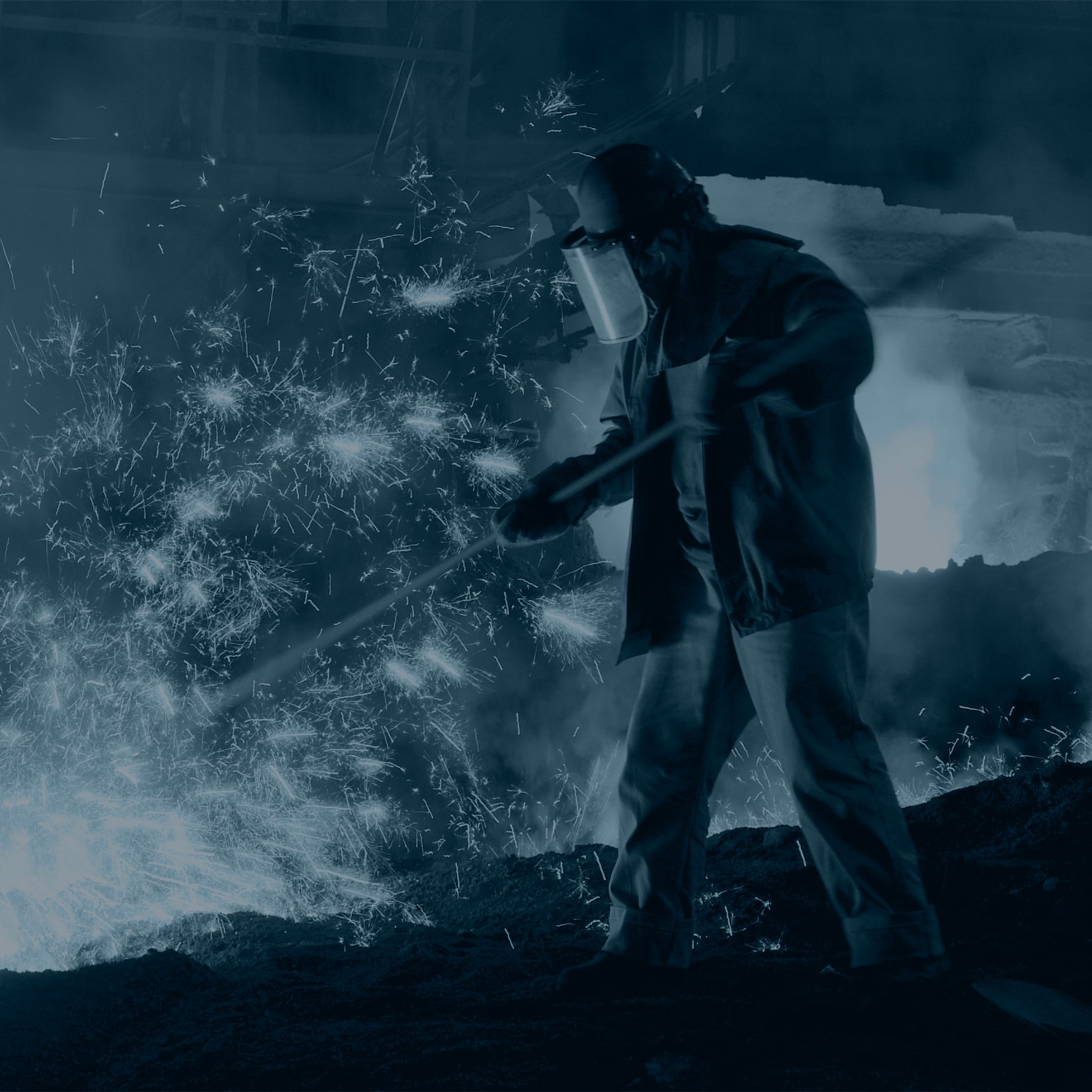Duflot® nonwovens, used in ballistic composites, have become a key lever for textile innovation dedicated to human protection. Found in bulletproof and fragmentation-resistant vests, as well as tactical apparel, these advanced materials play a strategic—yet invisible—role.
Combining lightness, flexibility, and performance, they complement woven fabrics and rigid inserts by dispersing impact energy, enhancing puncture resistance, and minimizing blunt force trauma.
But their added value goes far beyond that. These complex structures are designed to integrate critical secondary functions, including:
– Cut resistance
– Dimensional stability
– Thermal regulation
– Flame protection
All within textile systems engineered to address multiple critical risks.
Engineered for Agility, Designed for Protection
Duflot® nonwovens used in ballistic interlayers are developed with a focus on lightness and flexibility to preserve the ergonomics, wearability, and long-term comfort of the end user.
A Responsible Breakthrough, Without Compromise
Our R&D teams have recently developed solutions that incorporate up to 60% recycled materials—without compromising key performance metrics such as:
– Mechanical strength
– Cut resistance
– Durability in extreme conditions
These next-generation nonwovens meet all regulatory standards, paving the way for more sustainable, high-performance ballistic PPE—without compromising safety.

From Helmets to Pressure-Sensitive Foot Protection
Integrated into systems often co-developed with PPE manufacturers, our nonwovens are present from headgear to podotactile shields. They require precise mastery of multilayer stacking, material interface management, and adaptability to manufacturing techniques such as thermobonding, quilting, or reinforced stitching.
A Structural Component for the PPE of Tomorrow
At Duflot, we view these materials as true structural components of next-generation personal protective equipment (PPE). Their durability—designed with the entire product life cycle in mind—drives our R&D, even under the most extreme usage conditions.


